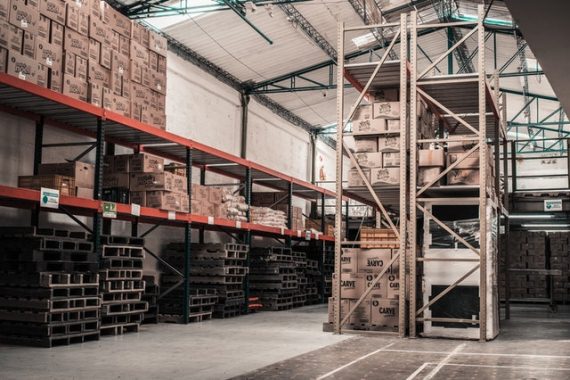-
This time could have been used more effectively to adapt contingency plans and prepare systems for the imminent transition from business-as-usual to crisis management
-
Experience has now shown that managing supply chains during a pandemic requires a cross-functional effort and more open and regular communication with supply chain partners
-
The pandemic will accelerate the automation of logistics activities, reducing their exposure to future epidemiological risks
-
The pandemic is also likely to accelerate the uptake of new technologies such as augmented reality in warehousing operations and 3D printing
The COVID-19 pandemic has handed supply chain managers some of their biggest lessons ever, teaching them the need for new managerial thinking if they want to strengthen their company’s supply chain resilience, according to a new World Economic Forum (WEF) article.
The 60 supply chain leaders who joined WEF’s recent group discussions agreed that the pandemic was a test of the agility with which firms managed their supply chains, and that given the circumstances at the time, response times could have been faster.
This time could have been used more effectively to adapt contingency plans and prepare systems for the imminent transition from business-as-usual to crisis management by getting IT systems and workforces ready for remote working, for example.
Internal and external communications could have been improved. The pandemic exacerbated the silo structure that still prevails in many businesses, inhibiting the flow of information and obstructing a coordinated response to supply chain disruptions.
Experience has now shown that managing supply chains during a pandemic requires a cross-functional effort. It also needs more open and regular communication with supply chain partners, said the article.
Another issue highlighted in the discussions was the mental well-being of managers and employees, said the report authored by Alan McKinnon, professor of logistics, Kühne Logistics University; Tanja Kueppers, COO of DHL Supply Chain Europe, Middle East and Africa; Maria Basso, WEF platform curator, and Marina Colombo, WEF industry lead.
“This is often taken for granted but in a pandemic takes on a special significance when people worry about their health, normal working relationships break down and lockdowns cause social isolation. One manager referred to the greater need for ‘emotional resilience’ in the way that supply chains are managed,” said the article.
Many of the longer-term lessons will relate to the logistics workforce. The pandemic will accelerate the automation of logistics activities, reducing their exposure to future epidemiological risks. Logistics buildings and equipment will also have to become more pandemic-compliant to ensure greater social distancing and sanitizing.
The switch from on-site to remote working should be much quicker in the next pandemic, partly because hybrid working is now widespread and the balance between office and home working easily tilted at short notice. These changes should take full account of the welfare of workers both physically and psychologically.
The pandemic is also likely to accelerate the uptake of new technologies such as augmented reality in warehousing operations and 3D printing.
Managers said their companies required “deeper knowledge” of their upstream supply chains to assess their vulnerability to future global threats. Visibility of tier-one and tier-two suppliers was no longer enough given the complexity and geographical extent of modern value chains.
Some managers further said the pandemic will possibly herald a new era of supply chain collaboration that would not only allow companies to manage risk more effectively but also yield wider sustainability benefits.
To effect all these post-pandemic changes, supply chain managers will need to expand their skill sets in several ways.
First, they will need to “think out of the box” to minimize the risk of their companies being ill-prepared for another such devastating event. Ideation and scenario-building skills will help them to anticipate the wider ramification of supply chain disruptions such as those caused by COVID-19. The ability to model changing risk profiles during the course of a crisis will also be an asset.
Second, many of the delegates said training in how to effectively manage virtual teams will be welcome. As hybrid working is now the norm for many people in supply chain and logistics roles, the capability to manage virtual and mixed teams is becoming a core competence. This will involve increasing managers’ digital literacy with online networking tools.
Fundamentally, the pandemic has demonstrated the need for supply chain managers to factor risk management and resilience into all aspects and levels of their decision-making. This may prove to be its legacy to the supply chain management profession, preparing it not just for future health crises but for a broad range of other high-impact, low-probability events, said the report.
Photo by Cleyder Duque





